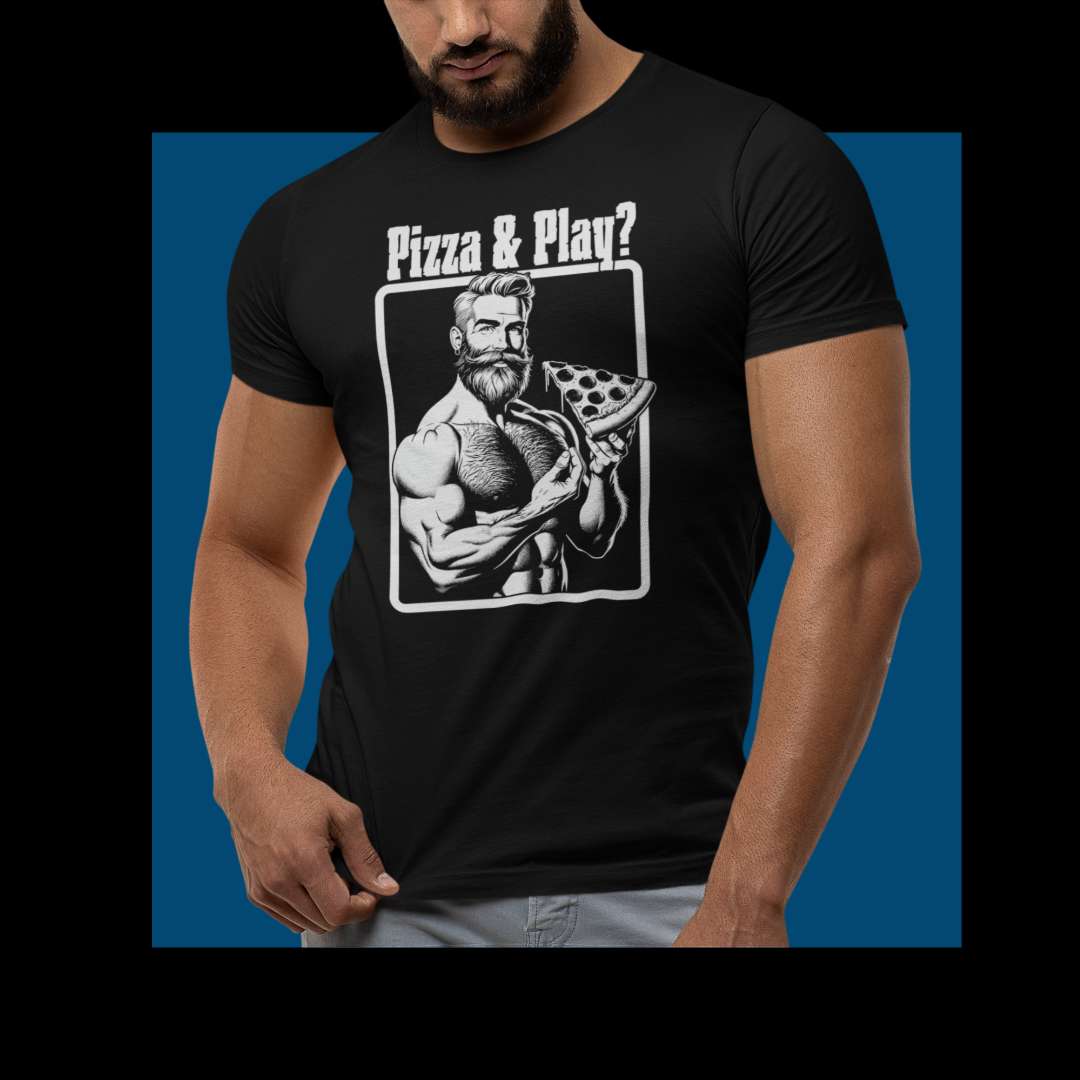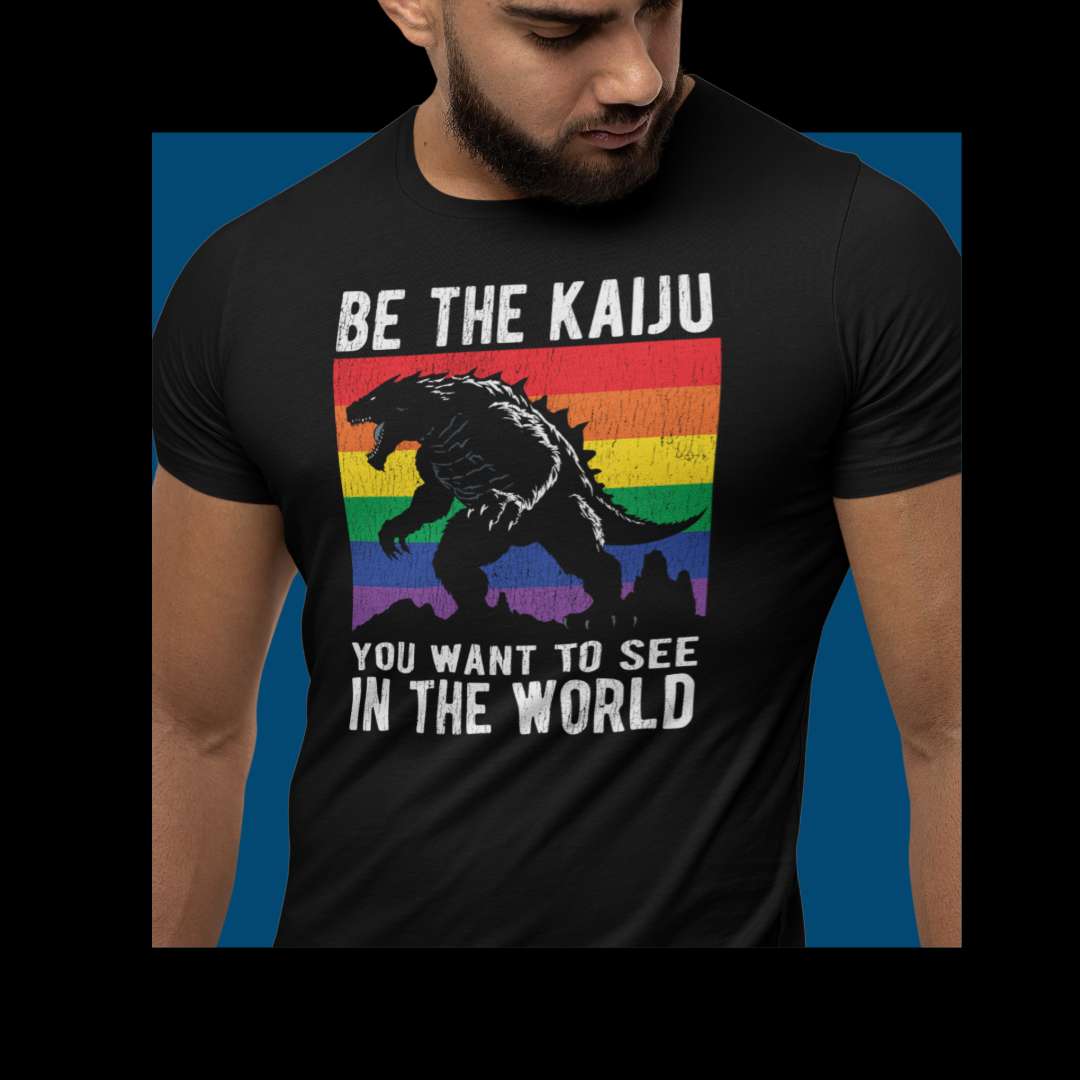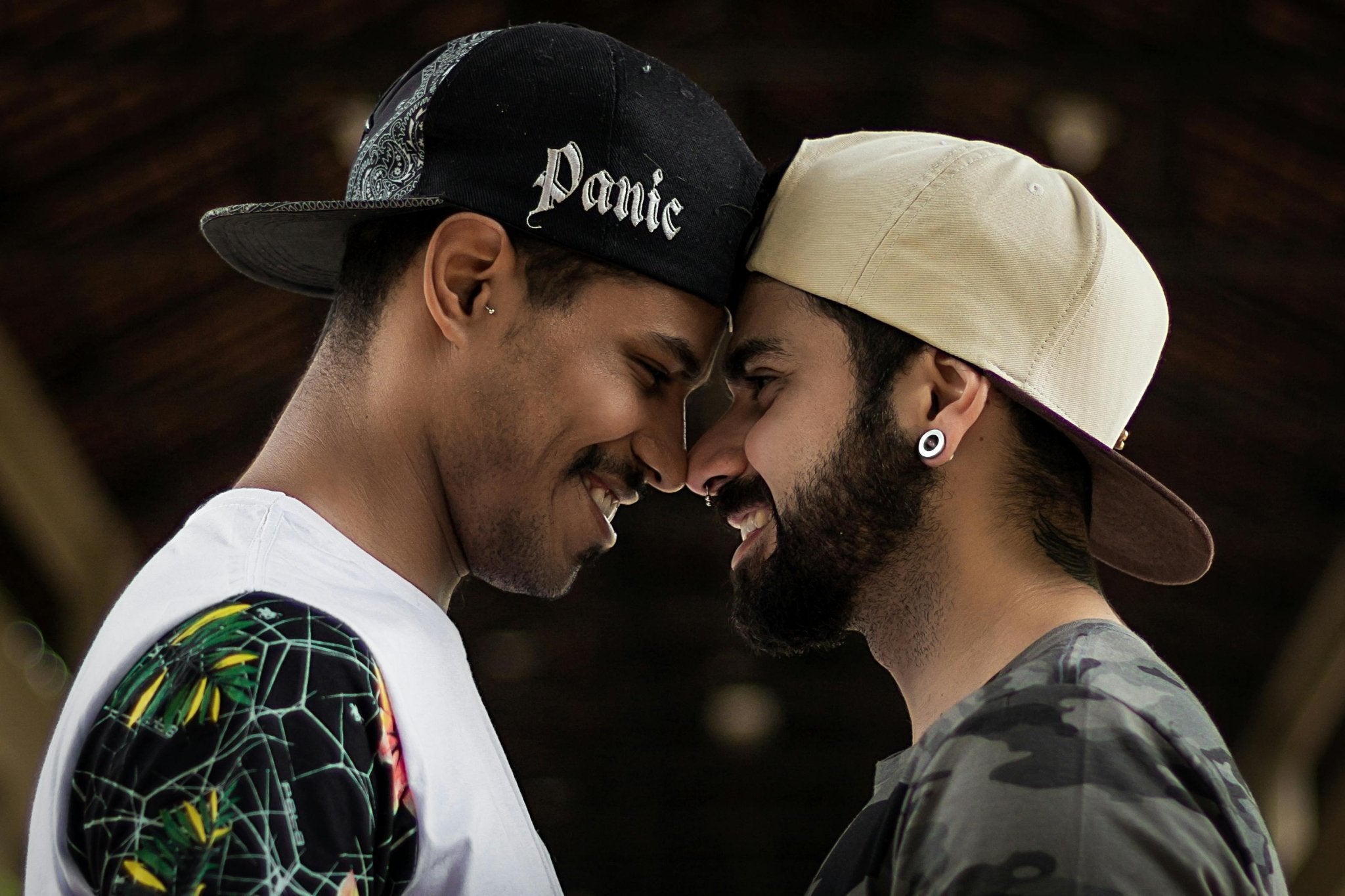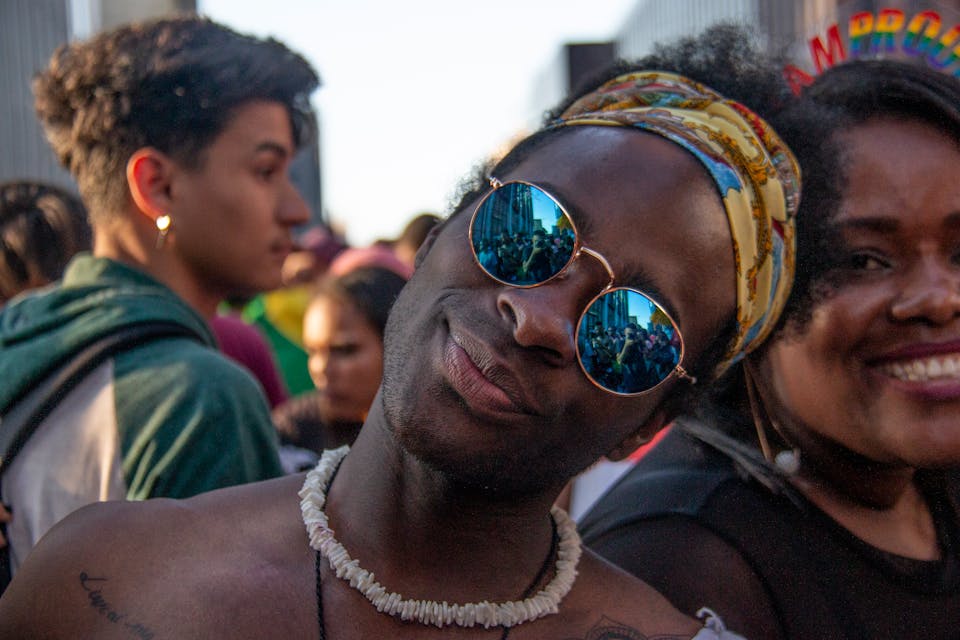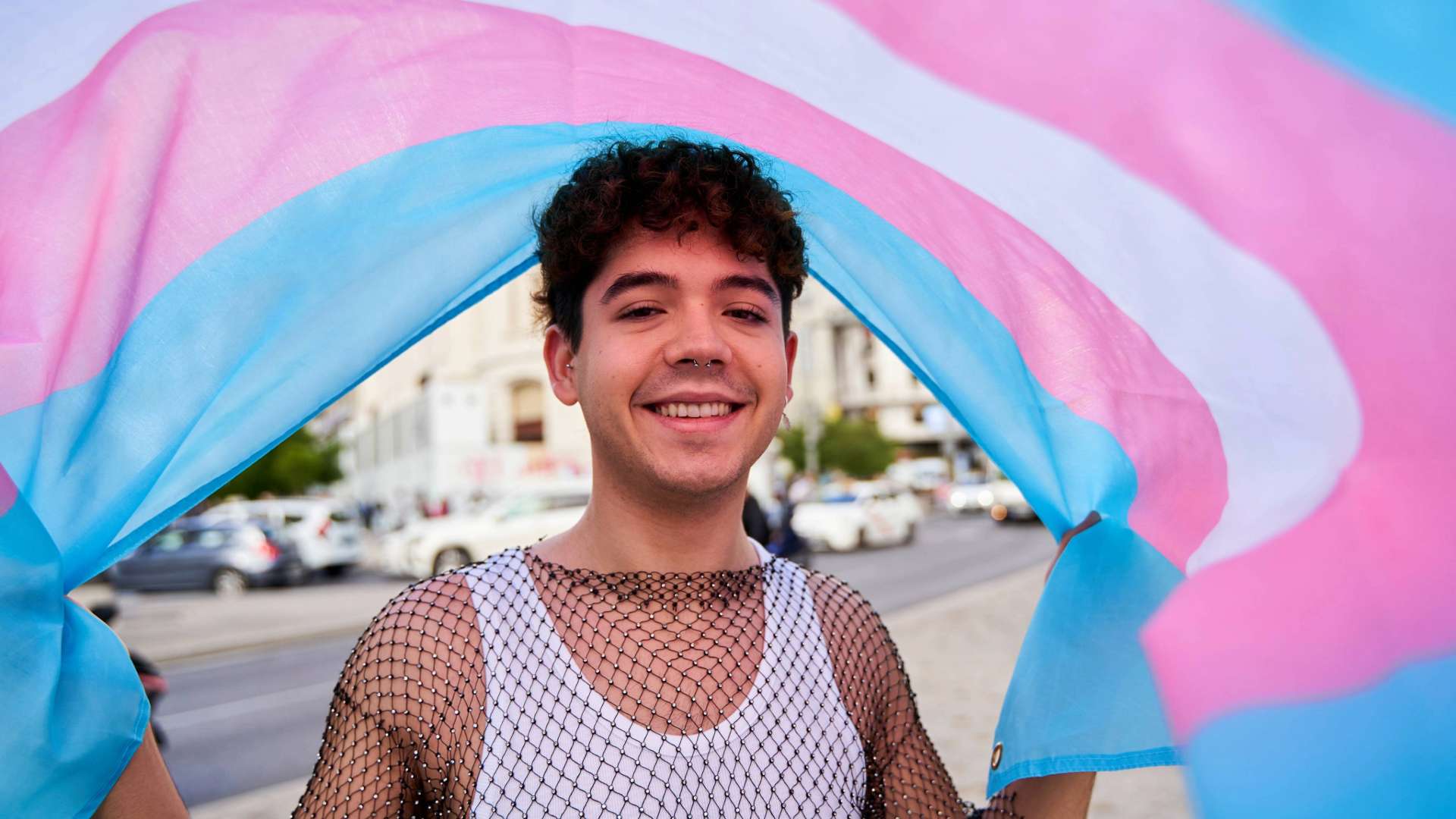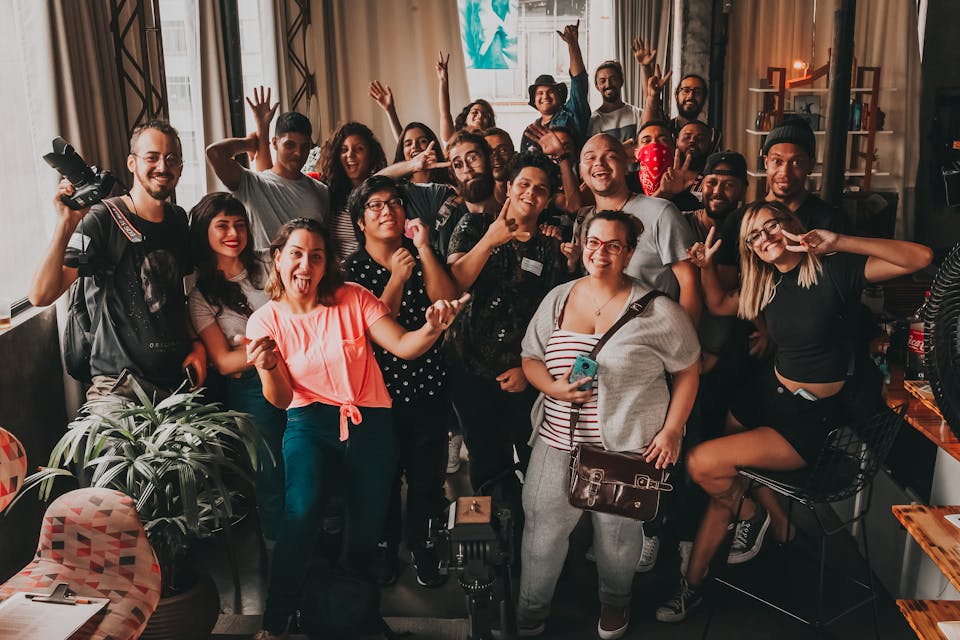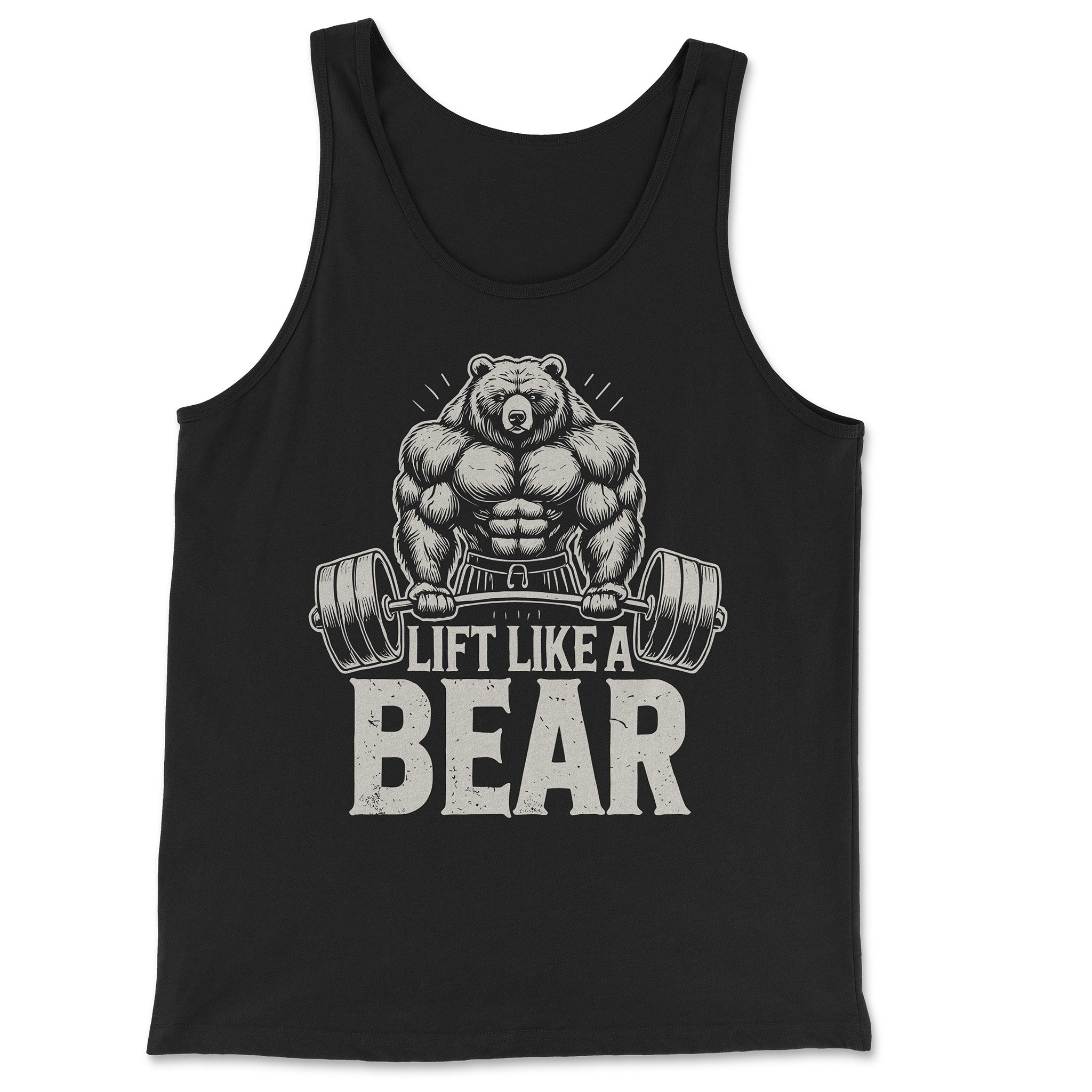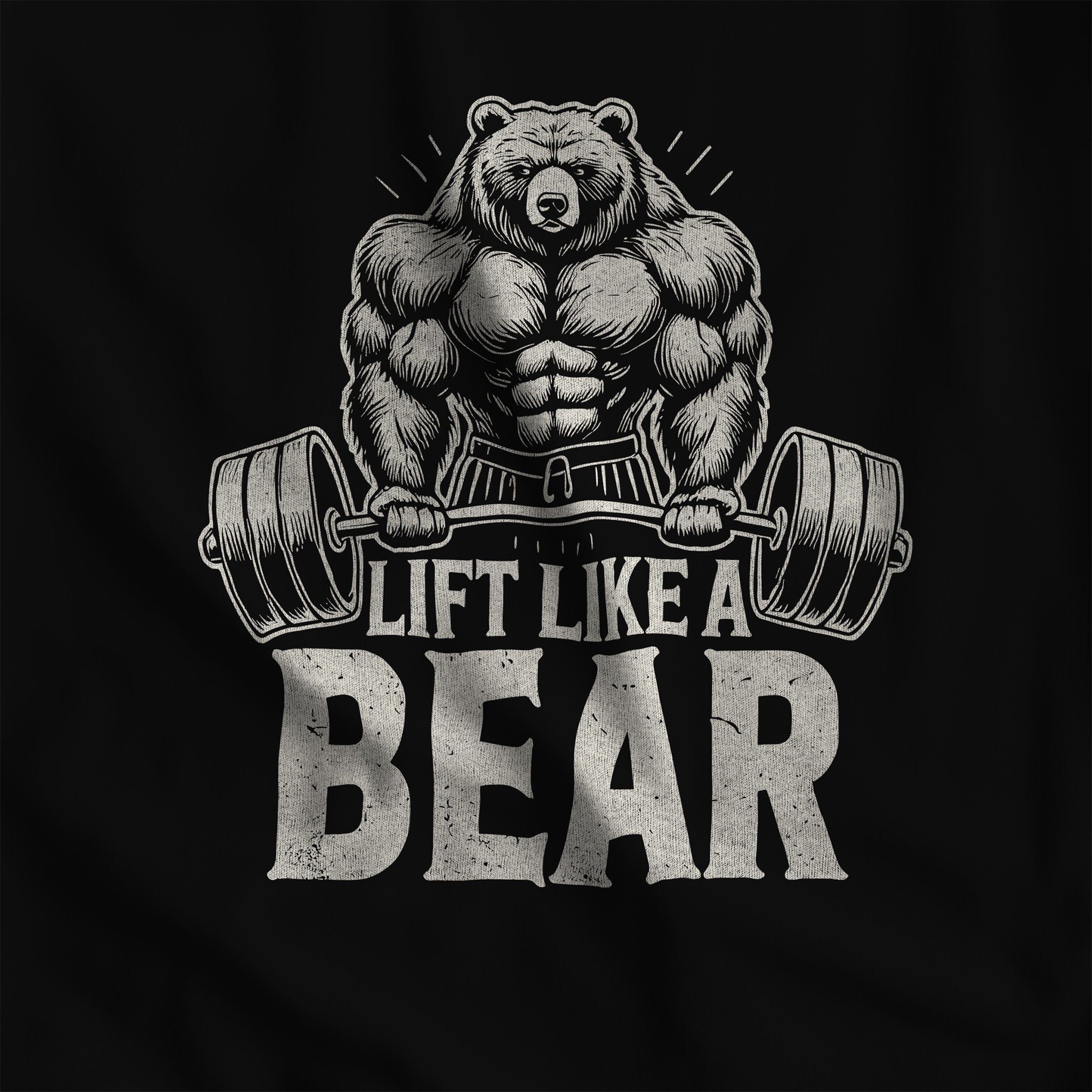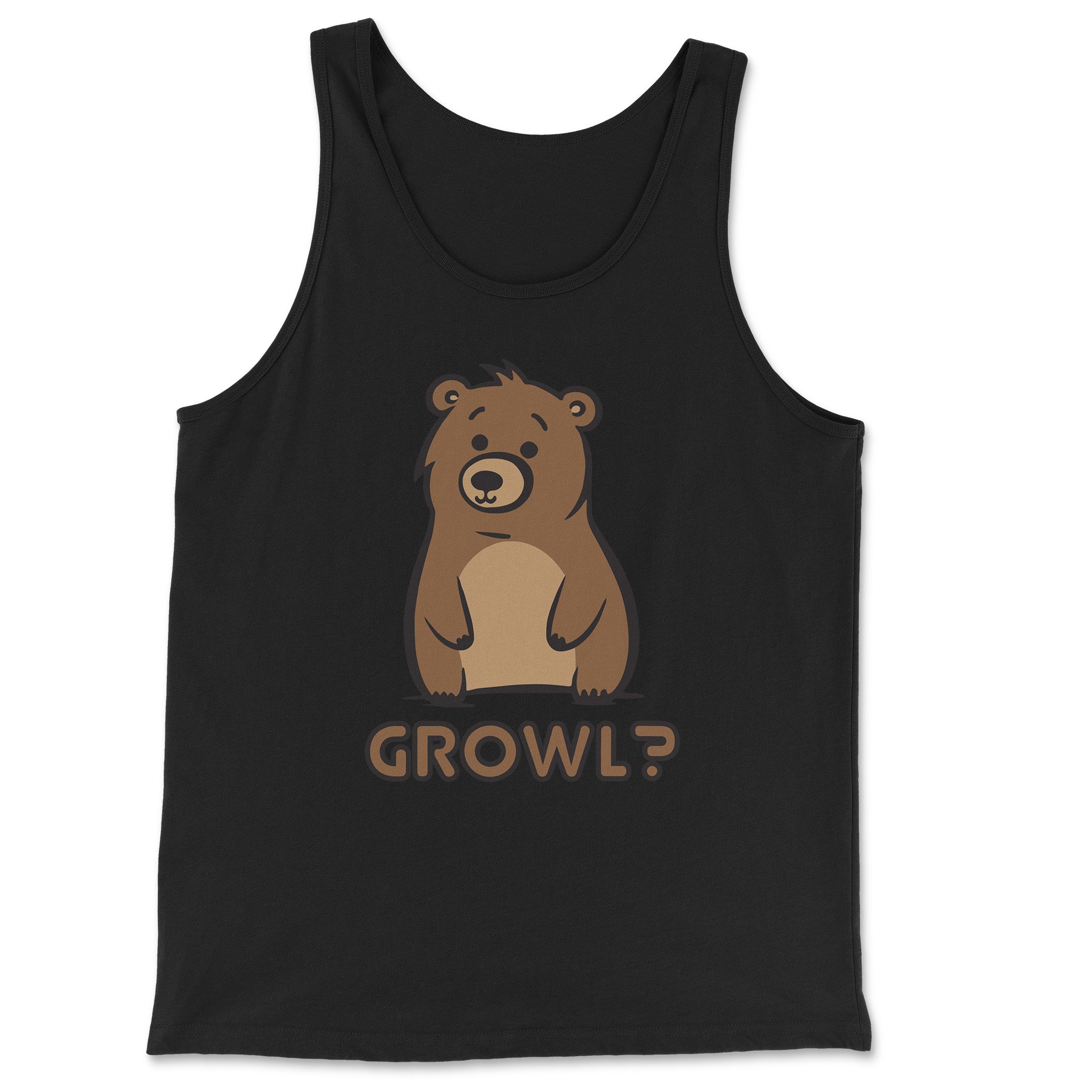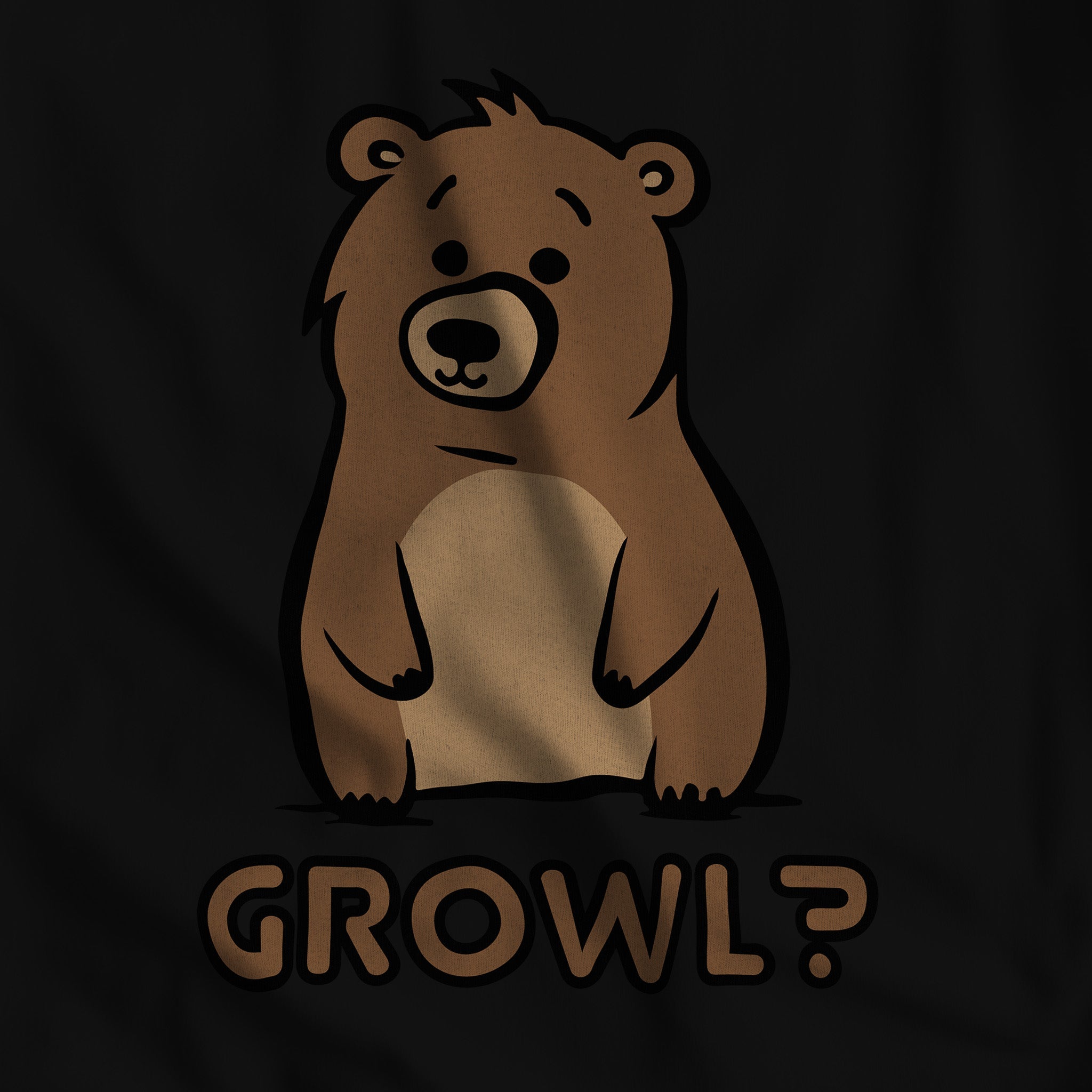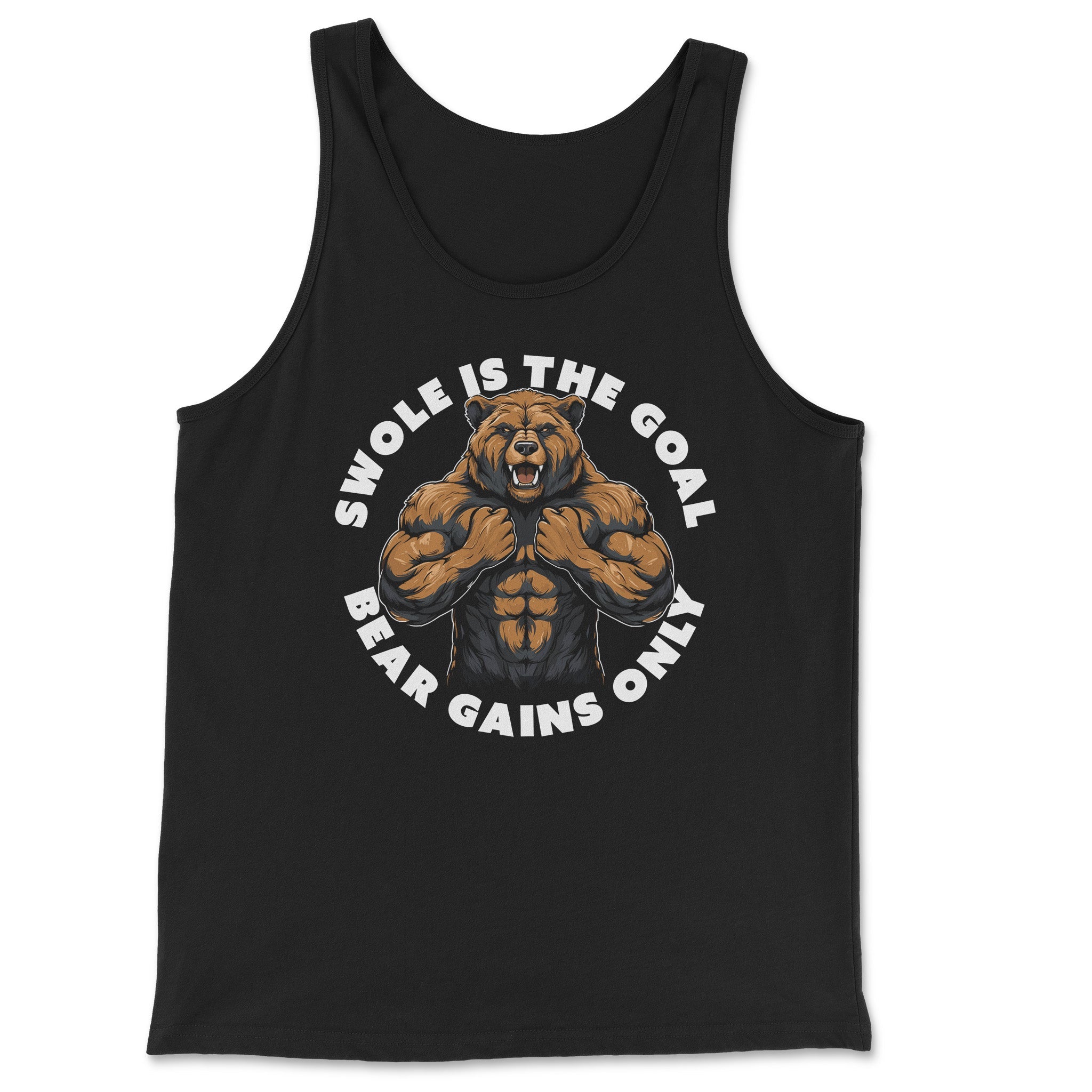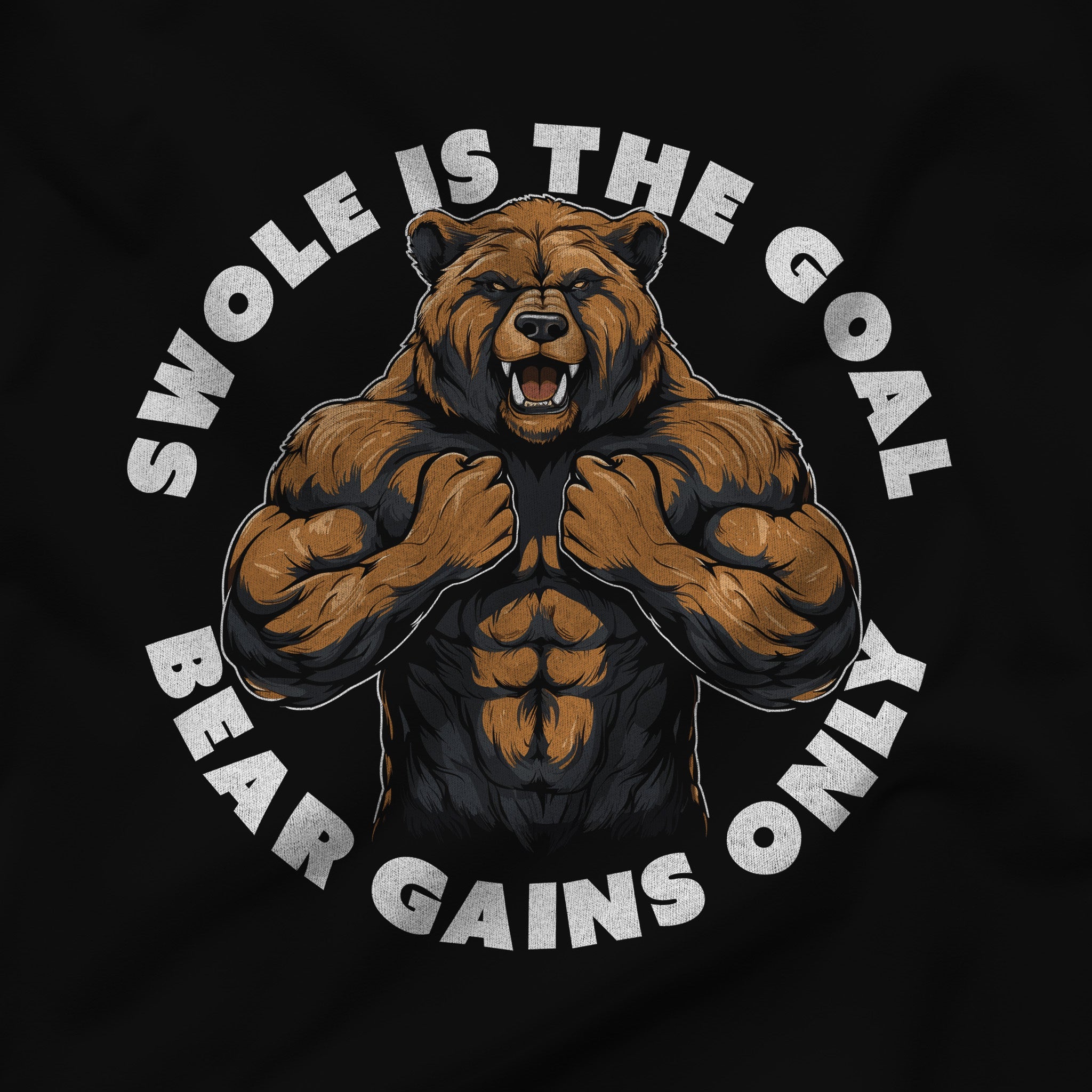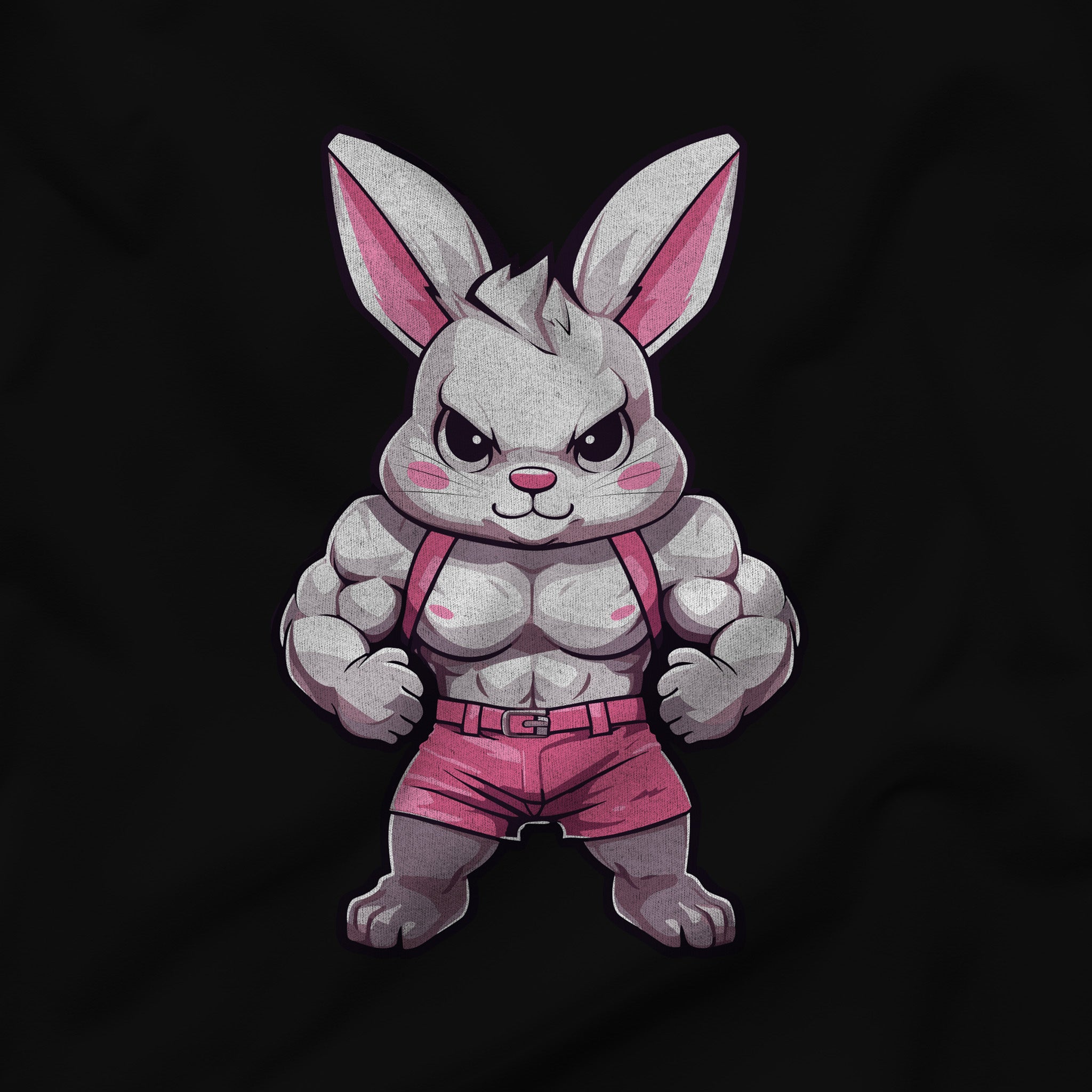Coming out later in life brings a unique set of challenges, not least of which is navigating the evolving landscape of LGBTQ+ terminology.
For older queers, it can present a very steep learning curve. Understanding and using the current language is not just about communication — it’s about connecting with a community and asserting one's identity confidently.
Here is our guide for older queers, just coming out, to help them feel more comfortable and confident in navigating the language and culture of their community.
Featured product:

Understanding the Modern LGBTQ+ Lexicon
The vocabulary surrounding gender and sexual identity has evolved significantly. Once common terms may now be considered outdated or insensitive.
Familiarizing yourself with contemporary terminology is crucial.
Here is a quick primer on some of the “newer” and more commonly used terms:
AFAB/AMAB: Acronym that means ‘assigned female at birth’ or ‘assigned male at birth.’ These individuals may or may not identify with these assigned sexes and genders. These terms are often used to discuss things that happen to these bodies without connecting to femaleness or maleness. They are not used as identities or identifiers. Always use someone’s preferred pronouns or self-description.
Asexual (Ace): Asexuals are individuals that do not experience sexual attraction. This sexual orientation exists on a spectrum. Some individuals may experience sexual attraction sometimes, others not at all.
Cisgender: A term used to refer to a person whose gender identity aligns with the sex assigned to them at birth.
Deadnaming: Deadnaming happens when an individual (intentionally or not), refers to the name a transgender or gender-expansive individual used at a different time in their life. Some may use birth name, given name, or old name.
Demisexual: A demisexual is a person who only experiences sexual attraction after forming an emotional connection.
Enby: This is an abbreviation for non-binary and is pronounced as “NB.”
Folx: This is an alternative spelling for “folks.” It is pronounced the same way and is viewed by some as a more inclusive term.
Gender-Affirming Surgery (GAS): This is the surgical process that can help individuals adjust their bodies to match their gender identity. This may also be called a medical transition or gender reassignment surgery. This process may include top or bottom surgery or both. Not every trans person will want the surgery or have the resources to carry it out. Use this term instead of “sex change.”
Non-Binary: Refers to people who do not subscribe to the gender binary. They may identify somewhere between or beyond the man-woman binary. Non-binary individuals may also use terms like genderqueer, genderfluid, gender non-conforming, gender diverse, and gender expansive.
Pansexual: A Pansexual is a person who is attracted to people of any and all genders.
Top Surgery/Bottom Surgery: Top surgery is surgery performed on the chest/breasts as part of gender-affirming surgery. It can mean the removal/reduction of the breasts or an increase in the size of breasts using saline or silicone. Bottom surgery is surgery performed on the reproductive system as part of gender-affirming surgery. Not all trans individuals desire these medical interventions.
Transgender/Transsexual: Transgender is a term used to describe an individual’s gender identity that does not necessarily match their assigned sex at birth. Transsexual is often considered an outdated word and is potentially offensive. Unless referring to yourself or quoting someone who identifies as transsexual, it is best to use transgender instead.
Transfeminine/Transmasculine: Transfeminine refers to assigned male at birth individuals who are closer to femininity than masculinity but are not a binary woman. Transmasculine refers to assigned female at birth individuals that are closer to masculinity than femininity but are not a binary man.
Transition: This is the process some transgender people will follow to change their gender expression to align with their gender identity. It is important to note that not all trans individuals choose to medically transition. Transition can include gender-affirming pronouns, names, clothing, hairstyles, etc. Always respect a person’s self-description.
These are just a few of the words you may encounter. You can find more terms and definitions from PFLAG and GLAAD.
When in doubt, especially when referring to someone else, ask their preferred terms and pronouns. It may feel awkward but it is a sign of respect and more often than not, the question will be greeted with appreciation.
Communicating Your Identity
While there are hundreds of online guides and books that cover the topic of “coming out” and communicating your identity, it is important to focus on what feels right for you.
You have waited long enough to express your authentic self, no need to hide behind language and terms that do not fit.
If you can, practice explaining or talking about your identity to close friends, safe online communities, or other supportive environments. This can help you gain familiarity and confidence in both the language and your identity before you express it to the world at large.
Engaging with Different Generations
Language gaps can exist between different generations in any community. The queer community is no different.
With LGBTQ+ acceptance, awareness, and understanding rapidly evolving, it is very possible that younger generations and activists may use language and terms that feel unfamiliar and uncomfortable and vice versa.
If you experience this type of gap, do not be afraid to ask questions. Always be open to learning. Similarly, exercise patience if you are required to explain your perspective.
Finding Support and Resources
Coming out later in life can present a unique set of challenges which makes finding support and resources especially important.
Organizations like SAGE, which provides services and advocacy for LGBTQ+ elders, online queer communities, or your local LGBTQ+ community centers can offer guidance and resources tailored to your specific experiences.
Finding support and people who understand your situation is important for helping you live your best and happiest life.
Dealing with Resistance or Non-Acceptance
The unfortunate reality is that not everyone in this world will accept or understand your identity. This reality may have played a role in preventing you from coming out sooner.
It is important to prepare for possible resistance by ensuring that you have some individuals in your life who not only understand and accept your identity but also celebrate it.
Should you encounter negativity or misunderstanding, talk to your supportive community or a counselor trained in LGBTQ+ issues, especially if these encounters trigger trauma or violence.
It’s not always possible to avoid negative or violent interactions. While it may be tempting to educate or try to change someone’s mind, it isn’t always the best avenue. Always be gentle with yourself.
Ensure your own comfort and safety first and foremost.
Finding Community With Hunky Tops
Coming out is a personal journey, and doing so later in life can be particularly challenging.
However, with the right resources and support, navigating this path can be a fulfilling experience.
Remember, it’s your right to express your true self on your terms and at your own pace.
At Hunky Tops, we want to help you embrace this journey with confidence and pride. Our apparel is designed for all individuals with the goal of helping you express your identity, personality, and style in a way that truly fits!
But we also want to create a safe online community where you can come for advice, support, education, and entertainment!
We see you! And we think you’re great!
Explore our store for the latest designs and be sure to visit our blog for more queer-friendly content.

